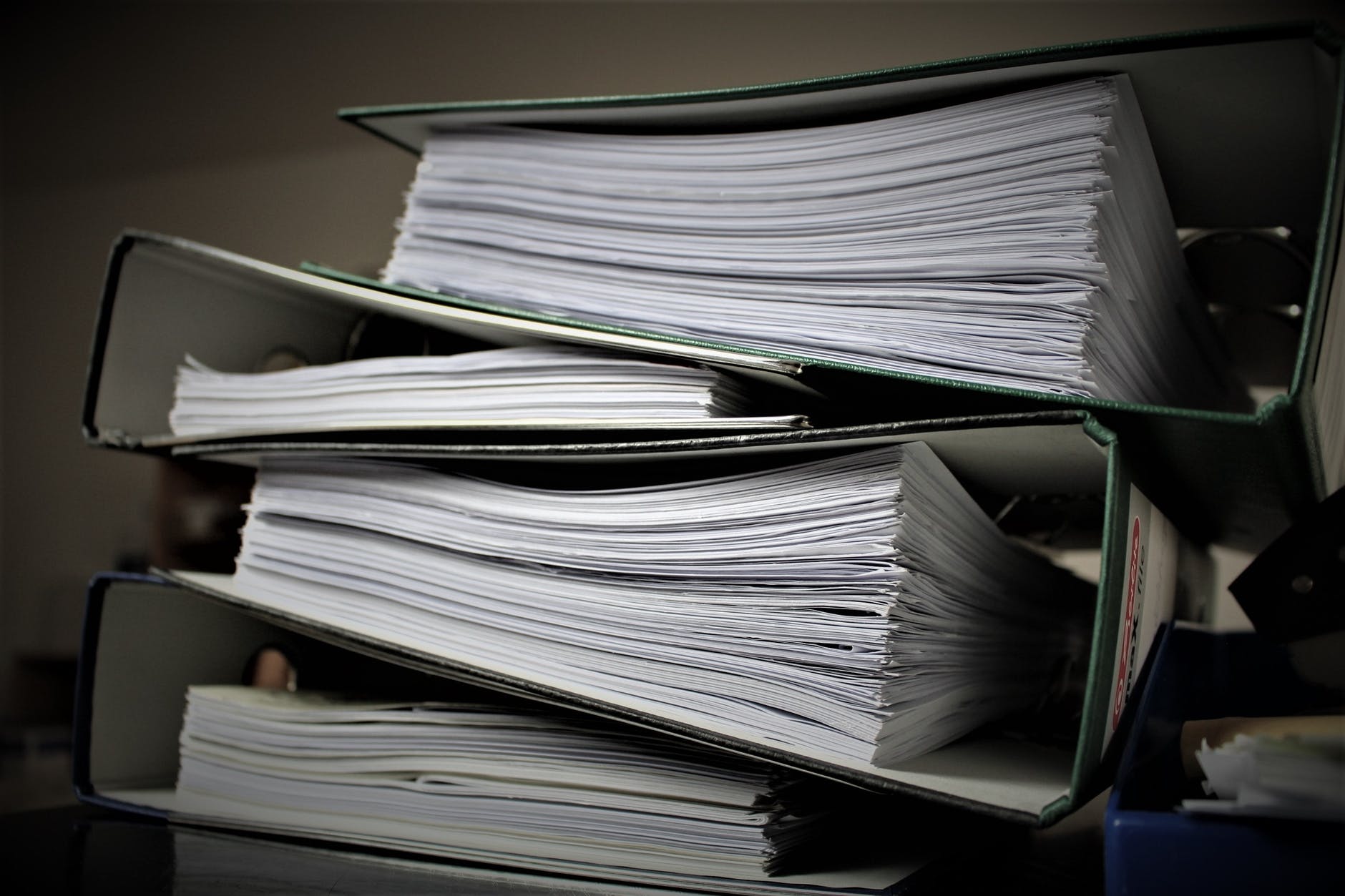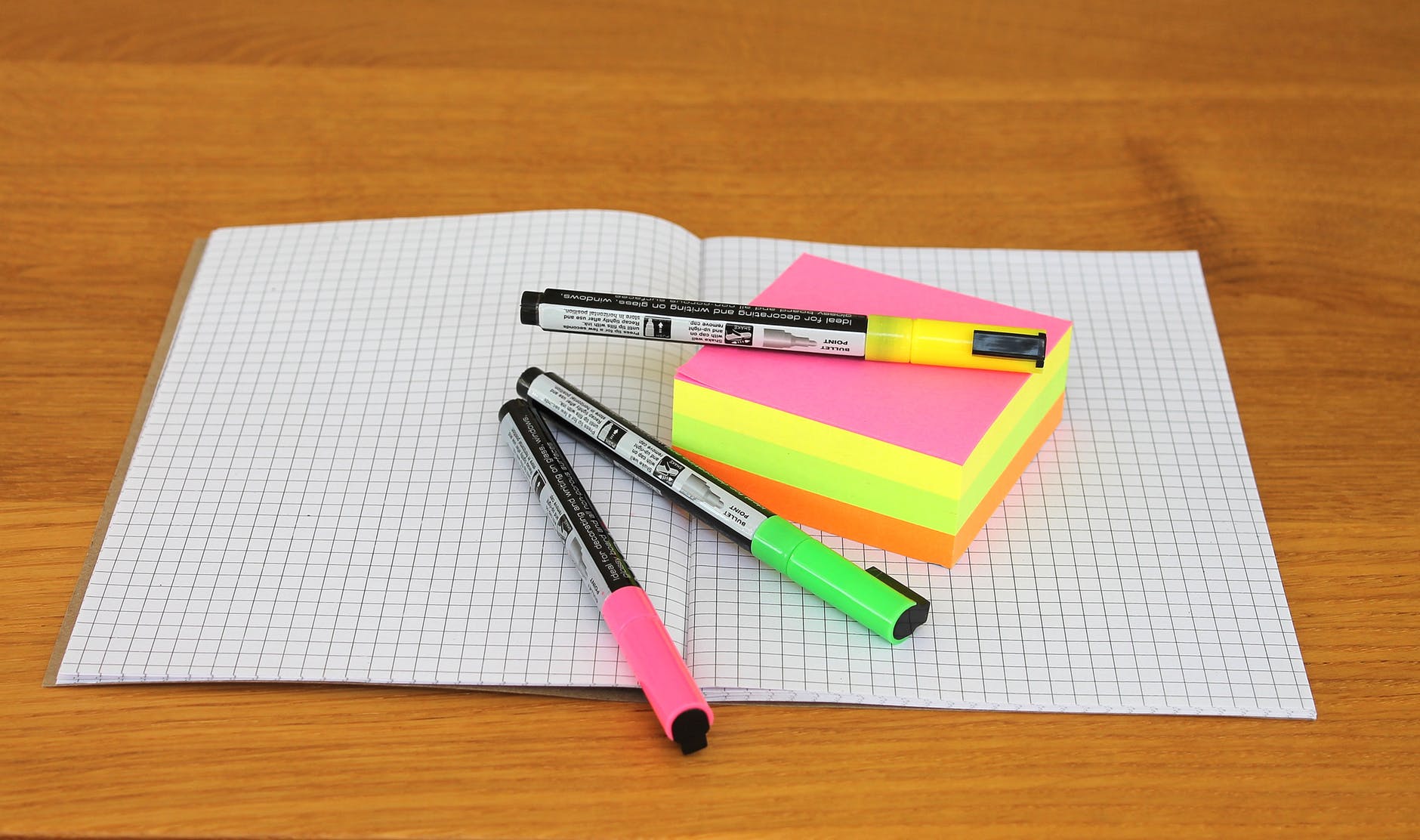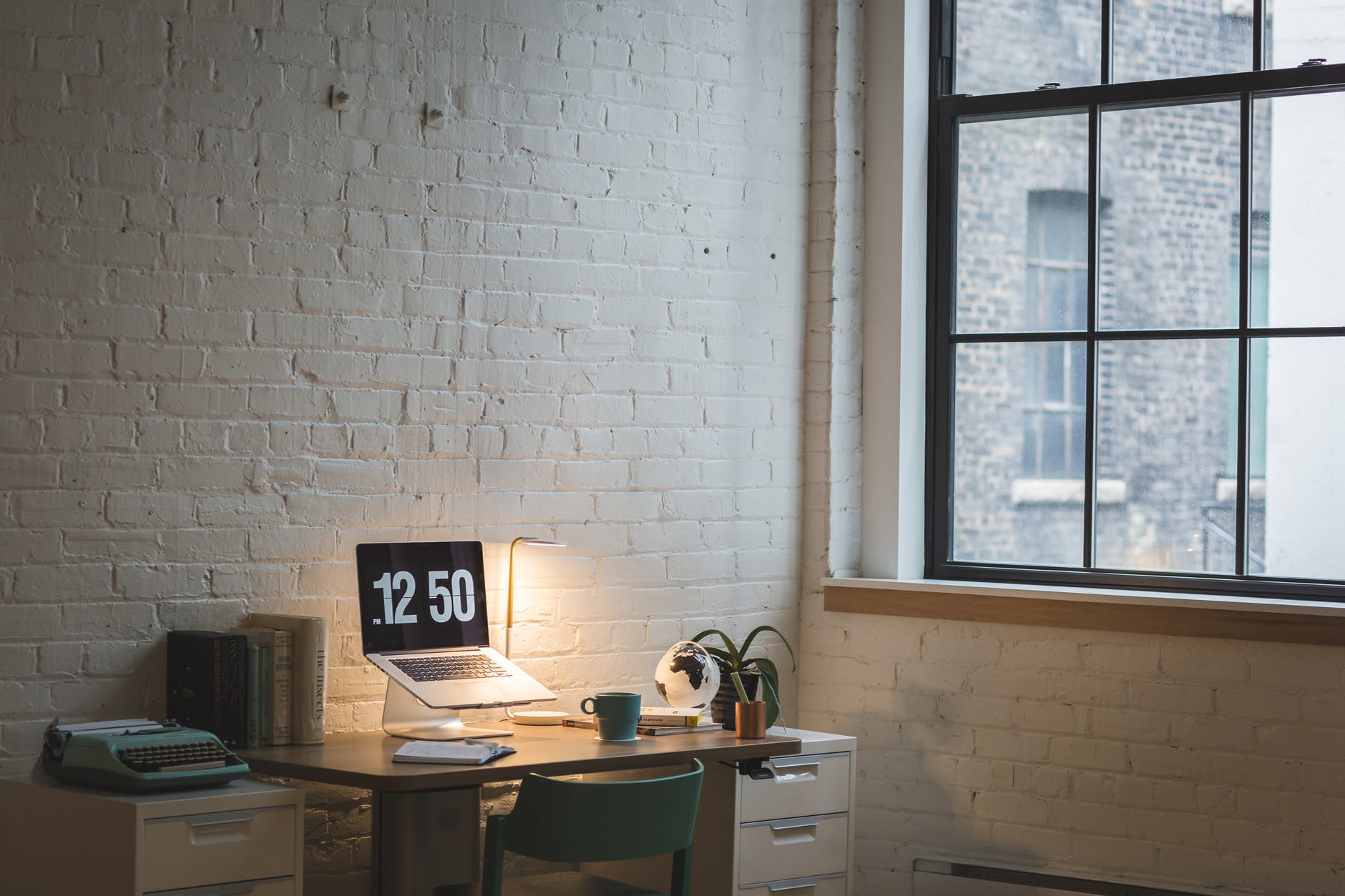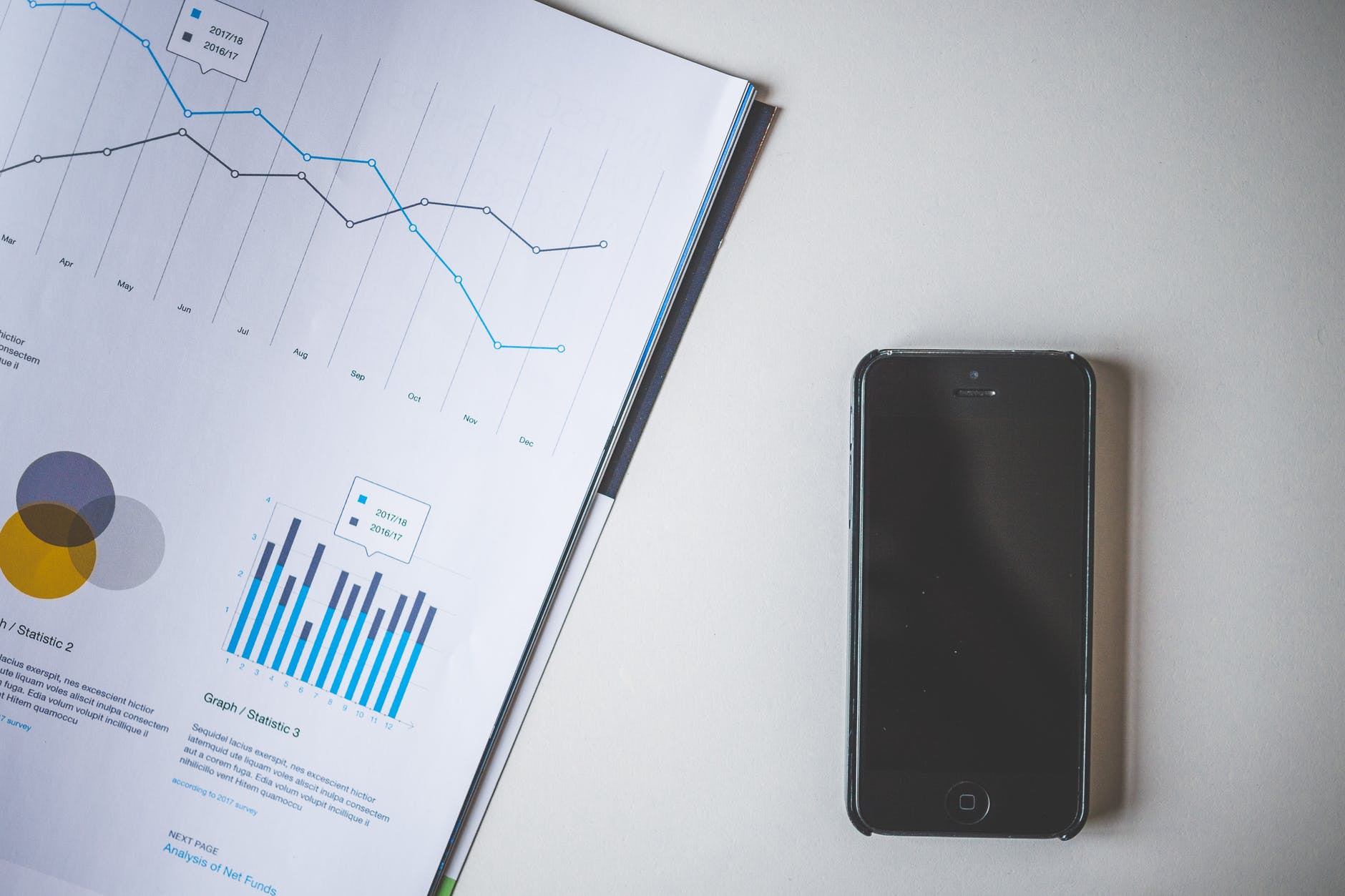I am about to broach a heinous subject, so please do not get mad and throw things at your device, because as dreadful as this subject might be to a lot of us, it is definitely something that needs to be discussed. Tests and exams! Yes, I know that tests and exams are usually nobody’s favourite part of school (be it primary, secondary, or tertiary school) but the sad truth is that they are part and parcel of it. We are never going to get rid of them … However, there are ways to make sure that they aren’t as heinous as they can be, and that simple thing is studying. I can feel you rolling your eyes at me, but it is accurate, and unfortunately, studying is something we can never escape either. Now, studying can either be a plague that you avoid at all costs, or it can be a benefit to you that aids you in your success. It all depends on your approach to it. Tests and exams are present throughout the school year no matter what education system you use, and right now, a lot of my friends are currently writing exams. This got me thinking about studying, and how sometimes we study without really making it work for us and I remembered that there are several things that you can do to study both effectively and successfully. My little brother has only started high school this year and will be writing his first set of exams soon, and so with this in mind, I am dedicating this blog post to my younger brother (and everyone else who needs some advice or tips when it comes to studying, tests and exams), as the advice that I wish I’d gotten before I started writing exams.

Make yourself goals
Having a goal before you begin preparing for something is crucial, as it gives you something to aim for and something to work towards. When you are preparing to study for tests or exams, you should always have a goal in mind of how you want to do. This doesn’t necessarily mean that your goal has to be getting 100% (even though there is nothing wrong with this goal if it is attainable for you). Your goal could be improving your score by five marks, or getting a section right that you didn’t understand last time. The point is that you need to have something to aim for, otherwise what is the point of studying if you don’t care about your result? The trick with setting goals though is that they need to be the right kind of goals. For example, if you are the type of person who gets 60% for maths regularly, setting yourself a goal to achieve 95% is not reasonable because you may not achieve it. And we all know that the most painful, soul-crushing feeling when it comes to tests is when you set yourself a goal and you don’t meet it. So, when you are setting goals, it is important to be ambitious and want to push yourself, but make sure that you are setting goals that are reasonable and attainable for you. Otherwise, you might as well not set them at all.

Gather and organise your materials
Here is a question for you: when you are making something, is it easier when you have all of your materials assembled and ready waiting for you or when they are dispersed all over the place, and you have to stop working to look for them? I’m guessing that the latter was not your selected answer. Before you can even think about starting to study, you need to make sure that you have everything that you need. Go through each subject and make sure that you aren’t missing any essential documents, textbooks or notes from a particular class, and if you do happen to be missing anything, then either find it or speak to your teacher about what you are missing. It is undoubtedly a lot easier to make sure you aren’t missing anything before you get into your study groove, instead of having to break your momentum to find missing notes. Take an hour or so, and organise all of your notes into piles or files (or whatever is preferable to you) and ensure that everything is there. Only then, are you ready to start studying.

Make your notes
Making notes is a critical step for me in the studying process because I find it quite hard to read pages and pages of printed text. Once I have made my notes though, I find it a lot easier to study and get to grips with the material. Now, there are numerous reasons why making notes is beneficial for studying. Making your own notes starts the learning process, as you often retain things more when you have written them out yourself; it forces you to see if you understand the material and it forces you to summarise and emphasise the crucial parts subconsciously. Some people don’t like making their own notes and prefer to study from the texts they are given, and the choice is entirely your own. However, it may often be a lot more motivating to read notes that you have made yourself (and you can add colour and diagrams – whatever helps you learn) than to read pages of text, but do what works for you.

Break up your subjects and what you need to learn
There are so many sayings about breaking things up and not tackling everything at once, like ‘Rome wasn’t built in a day” or take it ‘one step at a time’ and as annoying as these parental-like expressions can be, they are often right. Except I like to think of it more as a bar of chocolate. Sure, we can eat the entire bar at once, but if we do that we will feel sick and might be put off chocolate for a while, and wouldn’t that be dreadful? Instead, if we break the bar up into its individual blocks and eat it slowly, block by block, then that will overall be a more pleasant experience. That is the approach you should use when studying your different subjects. Instead of dedicating an entire day to maths, why not break up maths into the smaller subsections that you’ll be tested on and spend two hours on each of those? Before you start studying, break up each of your subjects into sections and then study by section. Not only will you be more of an expert in each section by the time you finish studying, but it will also just seem less overwhelming to study one chapter than an entire textbook for your subject.

Make a study timetable
For me being the organisational nerd that I am, this is my favourite part of getting ready to study, but it can be daunting if you don’t know how or what to do. Making a study timetable is essential because it is like a map of what you will be doing between now and your test/exam. It will help keep you organised and on track, and (if you have made it correctly) ensure that you haven’t missed out a section. In the previous step, you broke up your subjects into parts – good. Now, you can take a blank calendar and between now and your test date, dedicate a little time each day to different sections, making sure that you allocate enough time for sections that you struggle with and overall to make sure you’ve covered everything before the big day. These timetables can get more and more complicated the more subjects you have to study for, but don’t let that overwhelm you. All you have to keep in mind when making a study timetable is that you give yourself enough time to cover everything that needs to be covered (with time for practice tests etc.) before the test date. If you keep that simplistic mindset, then your timetable will be helpful and successful in preparing you for your tests.

Make a study space
Okay, please don’t roll your eyes at me before you finish reading this one. I know, a study space does sound a bit ridiculous and unnecessary but hear me out. As much as we’d all like to think that we can study on our beds or the couch in front of the tv, this is nothing more than a lie we tell ourselves. Because, the truth of the matter is that even if we can study in these places, it is a waste of time and we are not studying as productively as we could, because our minds are partially distracted. What you need to do is create a ‘Study Space’ for yourself where all you do is study. That is your designated area for studying only – so keep distractions out and make sure it is a space that is comfy/warm enough (but not too comfortable so you can have naps) for you to study in.

Get rid of distractions
Distractions are the biggest destroyer of productive learning. Now that you have a space to study in, and you have a plan for approaching your studying and have everything in order, you need to make sure that there is nothing to distract you in your study space. Leave your phone in a drawer, away from your area so that it isn’t even close enough to be a temptation. Put everything that could divert your attention somewhere else so that when you sit down to study, nothing is pulling your attention away. I know that this is a big test of will power but think about it this way. Everything you can check on your device will still be there when you finish studying, and it is a lot nicer to be able to enjoy your relaxing time when you have passed your test (instead of getting a bad mark because you spent half your study time on your phone).

Make use of different methods
There are many different ways to study varying types of material, so use that to your advantage to keep your studying interesting (well, as interesting as studying can be). Instead of just reading and rereading your notes until you would rather gouge your eyeballs out with your highlighters, why not use flashcards or mindmaps or teach your mirror about a particular topic. Personally, I like to use things like flashcards when I have lots of things to memorise, and mindmaps for when I am studying a piece of literature (so that I can see how everything ties together). Another particularly fun method is to speak out loud, either to your mirror or to your pet, or teach what you are learning to someone else. It doesn’t matter what method you use for what, but mixing up how you study will probably help you learn your material in a much easier manner (and also prevent you from gouging out your eyeballs, which is a good thing).

Work smarter not harder
This is probably the most useful study skill you can ever learn – working smarter instead of harder. If that is more Greek to you than English, let me explain: sitting for hours and hours at a desk drilling yourself until you have learnt your work may be acceptable, and you may be prepared, but you are not working smartly. Instead of doing that, you can break the way you study up so that you are maximising your concentration and productivity, while also saving yourself time. Try studying in shorter bursts instead of long periods – to study for 50 minutes and then take a ten-minute break, then repeat. Doing this allows your brain to absorb what you have been doing and take a breather before diving back into work. This way will also be more energy conserving in the long run. However, taking breaks does not mean sitting down and watching a movie before you start studying again. A break could mean going to play with your dog for a few minutes or sitting and relaxing with a cup of tea. This is another skill that is more a test of your will power because only you can decide whether you are going to be disciplined in working smart or just working hard.

Do past papers
I will preach the benefits of past papers until the day I drop dead because there is no better way to study and ensure that you are prepared for a test or exam than to do past papers. Why is this, you may ask? Don’t worry – I’m about to tell you. Doing past papers allows you to test if you have been studying effectively or not because you can determine what you do and don’t know; it shows you whether or not you are prepared or able to complete your exam and it will indicate where you need to dedicate more time to. That is why, when you are creating your study timetable, you should always leave enough time to do past papers. Past papers are easy to find (they are all over the internet), and they usually come with their memorandums so that you can check your answers. However, doing past papers is something that you have to be disciplined about because there is no point in doing one if you are going to take as long as you want, copy the answers if you aren’t sure or not mark yourself strictly because ‘it isn’t the actual test’. If you are going to do a past paper, treat it as if it is the actual assessment and only that way will you reap the benefits. Another little side note about past papers is that the more you do, the less likely you will be surprised in a test because teachers often use past papers as inspiration for their own tests. Just think, if you do a lot of past papers, there is quite a big chance that you’ll come across a similar question in your own paper. Wouldn’t that be awesome? That’s happened to me a few times and every time it does, I send up a little silent thank you to myself for forcing myself to do so many past papers.

Learn from your mistakes
Again, I know that this sounds like something a parent or teacher would say, but they have a reason for saying it. In studying and doing things like past papers, you are bound to get things wrong occasionally, as none of us is perfect. The key difference, in those who succeed and those who don’t, is learning from those mistakes. When you get things wrong in a past paper, make sure you then go over it and see if you understand why or where you went wrong. By doing this, you are not only studying and becoming more familiar with the material, but you are also ensuring that you don’t make that mistake again. There is no point in studying and doing practice before a test if you aren’t going to improve on where you went wrong because otherwise, you might as well have not done the practice at all. If you get something wrong, try doing it again, without looking at the correct answer, and then if you get it wrong again, go through the steps and see what the right approach is. There is nothing bad about getting something wrong – it is terrible when you don’t learn from it and make it better.

Don’t forget to ask for help
The biggest lesson that I wish I had learnt earlier in my school life was knowing when to ask for help. Studying and trying to learn from past mistakes is very important, but sometimes there is no harm in admitting that you need some extra help. That is what teachers are there for, and we are allowed to go and ask them for help. If you are struggling with a particular section, or maybe don’t understand something as well as you think you should, don’t let your pride or embarrassment get in the way of asking for help. Asking for help when you need it will always be beneficial in the long run because not only are you clearing up essential things, but you are also making a choice not to struggle in the future on your own by fixing something now. Take it from someone who learnt this lesson a little late, don’t be afraid to ask for help if you think you need it. It can only ever be a benefit.

So there you have it. I know that this post is a lot longer than usual, so for those of you who are still reading and haven’t closed your device in exhaustion, thank you. I hope that all of you reading this found this blog post informative and helpful and that even those of you who are studying experts have found at least one tip that is useful to you. I know that studying can seem like a burden, so I really hope that this post has been helpful and guiding in terms of studying.
For my questions today:
- Do you have any useful studying tips that have always seen you through tests and exams?
- Have you ever had a horrible test experience? (we’ve all had them, and they are genuinely terrible, so if you don’t mind, please share them)
Again, thank you to everyone who read today’s post and who reads the blog in general. You guys are all amazing. Please like this blog if you enjoyed it and haven’t already, and subscribe so that you don’t miss out on future blog posts. I post every Wednesday and Saturday. To all those writing exams, and everyone who will be writing tests and exams in the future, I wish you all the very best of luck and that you pass with flying colours! Happy Studying!
Lots of Love
Blondey on a Mission xxx
Oh I’ll definitely be revisiting this post!
LikeLiked by 1 person
Glad you found it useful! Thanks for reading xx
LikeLiked by 1 person
Your stuff usually is helpful! Keep up the great work xx
LikeLike
Worst Test was when I went totally BLANK and only wrote my name on a Geography test.
Luckily the Teachers took pity on me and allowed me to write after hours, I passed well.
LikeLiked by 1 person
Oh my word that sounds dreadful! Luckily you got a second chance! I haven’t had something that bad but I had one test where I went blank on an entire section that I studied a lot for, and then all of the answers suddenly came to me as soon as I handed in my paper. I didn’t get the second chance so I’m definitely jealous that your teachers took pity on you 🙂 xx
LikeLike